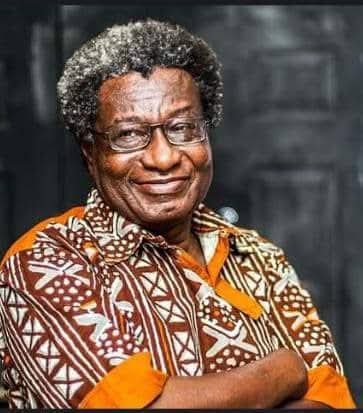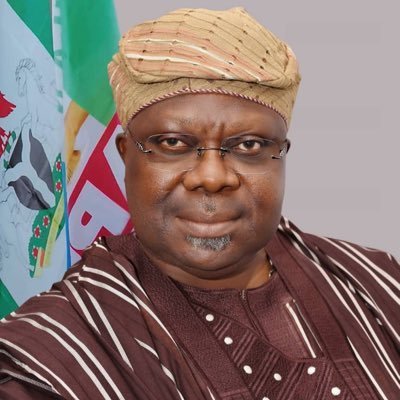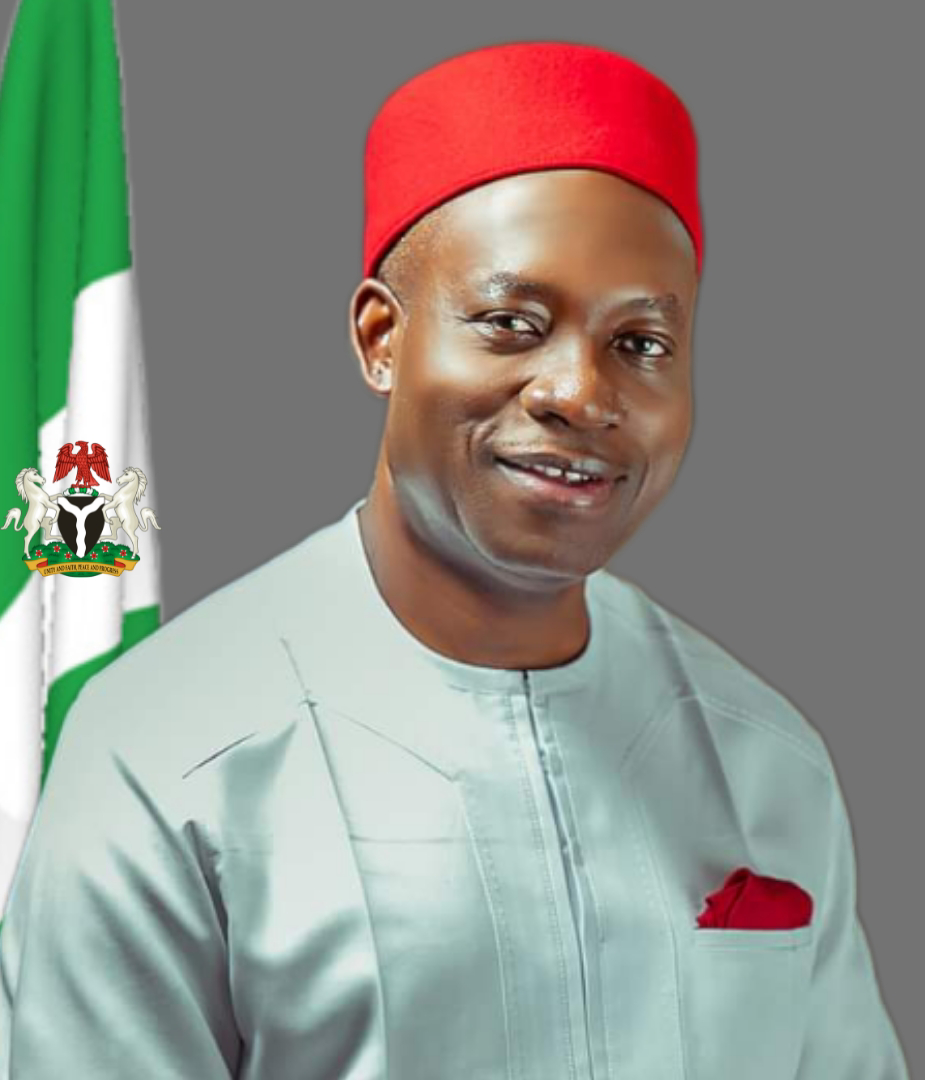
On the first day of August 2024, Nigeria’s streets erupted in a cacophony of dissent, as citizens, battered by a relentless cost-of-living crisis, took to the streets to demand relief. The protests, fueled by hunger, skyrocketing inflation, and a sense of betrayal, laid bare the failures of President Bola Tinubu’s administration—a government that promised renewal but has delivered misery and an alarming drift toward autocracy.
A year into his tenure, Tinubu’s economic missteps and heavy-handed response to public unrest signal a leadership not only out of touch but dangerously indifferent to the democratic principles it claims to uphold.
The roots of Nigeria’s turmoil trace back to Tinubu’s audacious but poorly executed economic reforms. The abrupt removal of the fuel subsidy, a decades-old policy, was sold as a bold step toward fiscal responsibility. Instead, it unleashed a cascade of economic pain. Fuel prices soared, transportation costs tripled, and the price of staples like rice and bread skyrocketed, with food inflation hitting a staggering 40%-plus.
The decision to float the naira, unifying foreign exchange windows, further gutted the currency’s value, making imported goods—on which Nigeria heavily relies—prohibitively expensive. These policies, while theoretically sound in a vacuum, were implemented with little regard for their immediate impact on a population already teetering on the edge. The result? A nation where families skip meals, and desperation has become a daily companion.
Compounding this economic mismanagement is the persistent insecurity plaguing Nigeria’s agricultural heartlands. Armed gangs and bandits in the northern states have turned farmlands into battlegrounds, displacing farmers and decimating harvests.
The Tinubu administration’s failure to curb this violence has choked the food supply, driving prices even higher. Yet, instead of addressing these structural failures, the government has leaned on palliatives—token gestures like grain handouts—that insult the intelligence of a population demanding systemic change.
The protests that gripped Nigeria in 2024 were not just about hunger; they were a cry against a government that seems to have forgotten the meaning of accountability. Inspired by Kenya’s youth-led uprisings, Nigerians harnessed social media to organize, echoing the spirit of the 2020 #EndSARS movement.
But where Tinubu’s predecessors at least paid lip service to dialogue, his administration’s response was a masterclass in repression. Security forces, armed with tear gas and, according to Amnesty International, live ammunition, descended on protesters with chilling efficiency.
Hundreds were arrested, including a journalist, and court injunctions were hastily secured to stifle demonstrations in major cities. This is not the behavior of a government confident in its mandate; it is the reflex of one fearful of its own people.
Tinubu’s appeals for patience ring hollow when juxtaposed against this crackdown.
In a televised address, he acknowledged the protesters’ pain but urged an end to “violence and bloodshed”—a phrase that conveniently sidesteps the state’s role in escalating tensions. His promises of loan schemes for students and infrastructure spending feel like recycled platitudes, detached from the urgency of a nation in crisis. These measures, while perhaps well-intentioned, are Band-Aids on a gaping wound, offering no immediate relief to a population struggling to survive.
More troubling still is the administration’s growing anti-democratic streak. The use of court orders to suppress protests, the deployment of security forces to silence dissent, and the arrests of journalists signal a slide toward authoritarianism that Nigeria, with its hard-won democratic gains, can ill afford. Tinubu, a former governor who once styled himself as a champion of democracy during Nigeria’s military era, now presides over a government that seems to view public dissent as a threat rather than a right. This is not leadership; it is control. The Tinubu administration’s defenders argue that economic reforms take time to bear fruit, and that the pain of today will yield prosperity tomorrow.
But this argument falters when the government shows little empathy for the present suffering or willingness to engage with critics. Nigerians are not unreasonable; they understand that change is complex. What they cannot abide is a leadership that seems to prioritize its own survival over their well-being.
As it is, the path forward requires more than empty promises or brute force. It demands a government that listens, that prioritizes security and economic stability, and that respects the democratic space it was elected to protect. Tinubu’s administration has so far failed this test, choosing repression over dialogue and palliatives over policy.
If it continues on this trajectory, it risks not only alienating its people but unraveling the fragile democratic fabric that holds Nigeria together. The protests of 2024 are a warning—one that Tinubu ignores at his peril, and at the cost of a nation’s trust.



